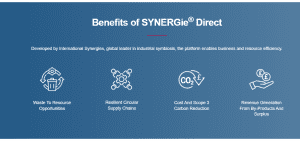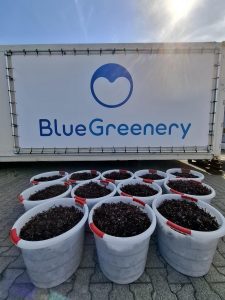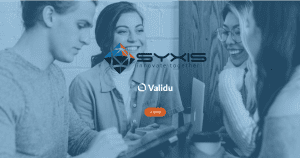Discover INSET, where innovation meets practicality to revolutionize industrial symbiosis. Our mission? To empower enterprises and their partners through disruptive digital training, fostering awareness and action.
Project
Circular Economy (CE) practices, defined as the logical and viable alternative to the shortcomings of the linear economy “take-make-consume-dispose” model, overcome some of the major environmental issues of the humanity: the rise in average temperatures of the planet due to rising CO2 emissions, the burden on natural resource extraction or the increasing production of waste. The Energy Transitions Commission believes that, by developing a CE strategy, there is a potential to decarbonise the industry by 40% apart from reducing the waste production.
Circularity and sustainability will make the business environment more competitive in the long term, and to achieve this, it is necessary to evolve business practices and create new business models based on best practices in circularity. Under this framework, business models based on Industrial Symbiosis (IS) are an enabling factor that could achieve green growth and accelerate the implementation of CE. IS is a business opportunity for ecological innovation and its implementation can lead to lower production costs while in parallel creating environmental and social benefits for the involved companies.
Over the last few years, several contributions and projects on IS business models have been carried out . Nonetheless, IS development is still hampered by different barriers: there is a lack of interest and trust for IS implementation due to a presence of lack of knowledge at corporate, occupational and community level.
In this sense, it is important to understand how these disruptive business models promote the circularity of the industry towards a sustainable and competitive economy. These new business models are affecting the job profiles and skills required by the workforce, decreasing low-skilled activities and stimulating the need for training programs better suited to requalification and upskilling. For this reason, understanding the relationship between trends, job profiles, skills and training programs can help to encourage and support the creation of a skilled workforce under a lifelong learning system focused on a circularity model for the future.
With a disruptive, digital, and practical approach to capacity development for businesses and related actors, the INSET project seeks to execute this circular business model in order to fulfill the demand for raising awareness of and the genuine use of IS in the business network.
This project will therefore help business networks and related actors, but it will also promote among VET providers, public authorities and other stakeholders the importance of promoting lifelong learning to achieve a complete and resilient workforce for future crises, that through innovation, creativity and cooperation, can survive in this globalised world.
News and events
New Research Initiative on Industrial Symbiosis Optimization and Collaboration Opportunities

INSET Toolkit gains Europe wide validation as a go-to resource for Industrial Symbiosis Professionals
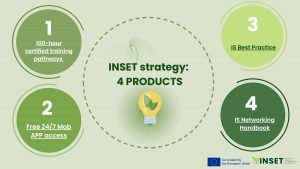
Turning Industrial Symbiosis Connections into Action: INSET and LIAISE Strengthen Europe’s Circular Economy
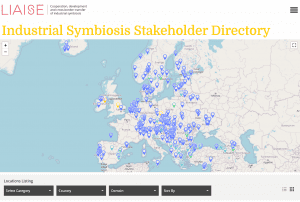
BE OUR SUPPORTER!
Connect and spread the INSET PROJECT
